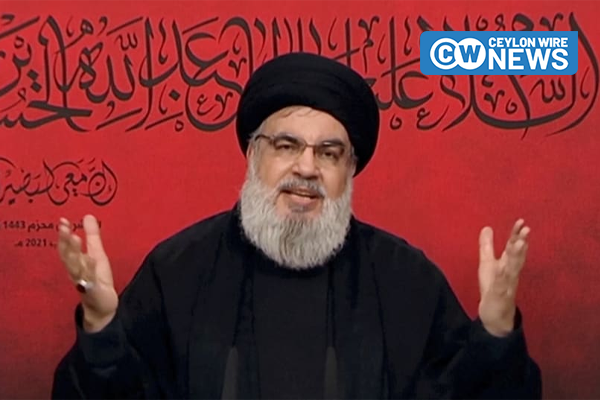The Israeli military announced on Saturday that they had killed Hassan Nasrallah, the long-time leader of the Hezbollah militant group, in a targeted airstrike in Beirut on Friday. The strike reportedly occurred during a Hezbollah leadership meeting at their headquarters in Dahiyeh, located in the southern part of the Lebanese capital.
Nasrallah, who has led Hezbollah for over three decades, was the primary target of the precise airstrike, according to Israeli military sources. In response, Israel intensified its air assault on Hezbollah strongholds on Saturday, while Hezbollah retaliated by launching dozens of rockets toward Israel.
As tensions mounted with Lebanon, the Israeli military mobilized additional reserve soldiers, activating three battalions on Saturday morning. Earlier in the week, two brigades had been sent to northern Israel in preparation for a potential ground invasion.
Rumors of Nasrallah’s death circulated following the airstrike, with confirmation coming from two anonymous sources, including a U.S. official. On Saturday, Israeli airstrikes targeted southern Beirut and Lebanon’s Bekaa Valley, while Hezbollah launched projectiles across northern and central Israel, as well as the Israeli-occupied West Bank.
In Beirut’s southern suburbs, heavy Israeli bombardment left the streets deserted and filled the air with smoke. Shelters in the city center were overwhelmed, forcing displaced families to sleep in public spaces, cars, and on beaches. Hundreds of people were seen fleeing toward the mountains, carrying infants and personal belongings.
The Lebanese Health Ministry reported that at least six people were killed and 91 wounded in the strikes against Hezbollah on Friday. The escalating conflict has resulted in over 720 deaths in Lebanon within the past week, with the death toll expected to rise as rescue teams search through the rubble of six destroyed buildings. This marks the most significant explosion in Beirut in the past year, pushing the region closer to full-scale war.
Source: AP









